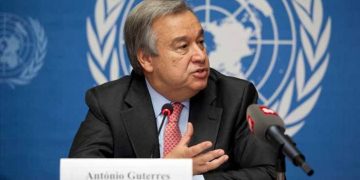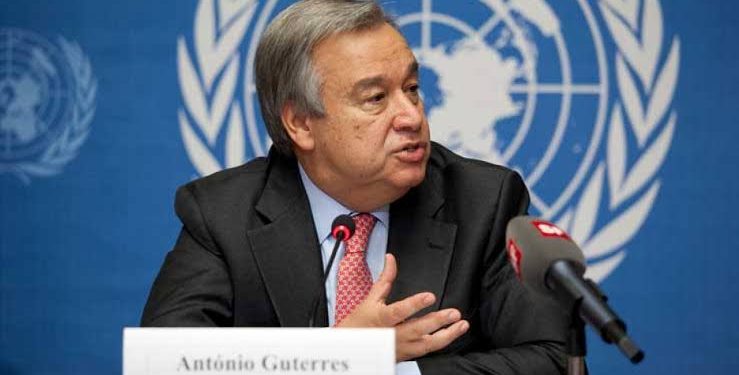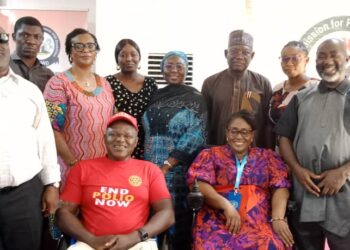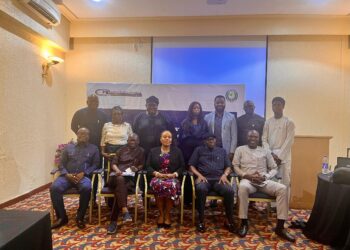By Enyichukwu Enemanna
The United Nations (UN) has condemned the expulsion of its senior official, Barbara Manzi by authorities in Burkina Faso, saying the country has no ground to order the official to leave its territory, and that the doctrine of “persona non grata” could not be applied to her.
Burkina Faso’s military government in a statement on Friday instructed Manzi, an Italian national who was appointed UN resident coordinator last year, to leave the country with immediate effect.
Foreign Minister Olivia Rouamba later accused Manzi of painting a negative picture of the security situation in Burkina Faso, which has been grappling with a security crisis and escalating violence since 2015.
Manzi “predicted chaos in Burkina Faso in the next few months”, Rouamba said on national television, alleging she had unilaterally recommended the evacuation of some UN staff and their families from the capital, Ouagadougou.
“She discredited the country and discouraged potential investors,” Rouamba said, noting the government’s “big efforts” towards improving security.
UN Secretary-General Antonio Guterres “learned with regret” about Burkina Faso’s decision and expressed “full confidence … in Ms Manzi’s commitment and professionalism”, his spokesperson Stephane Dujarric said in a statement on Saturday.
“The doctrine of persona non grata does not apply to United Nations officials,” he added.
“Only the Secretary-General … has the authority to decide, after careful investigation, with respect to the withdrawal of any United Nations official.”
Dujarric said the secretary-general “reiterates the commitment of the United Nations to continue to engage with the transitional authorities in Burkina Faso to support the country and its people”.
Manzi had previously told a Reuters news agency reporter that she would be travelling for year-end holidays on December 24 but efforts to verify whether she was still in Burkina Faso failed.
The UN provides some essential services in Burkina Faso, including supplying food to thousands of malnourished children as insecurity has crippled local economies, caused mass hunger and restricted access for aid organisations.
The country, one of the world’s poorest, is battling armed groups linked to al-Qaeda and ISIL (ISIS) who have killed thousands of civilians.




































